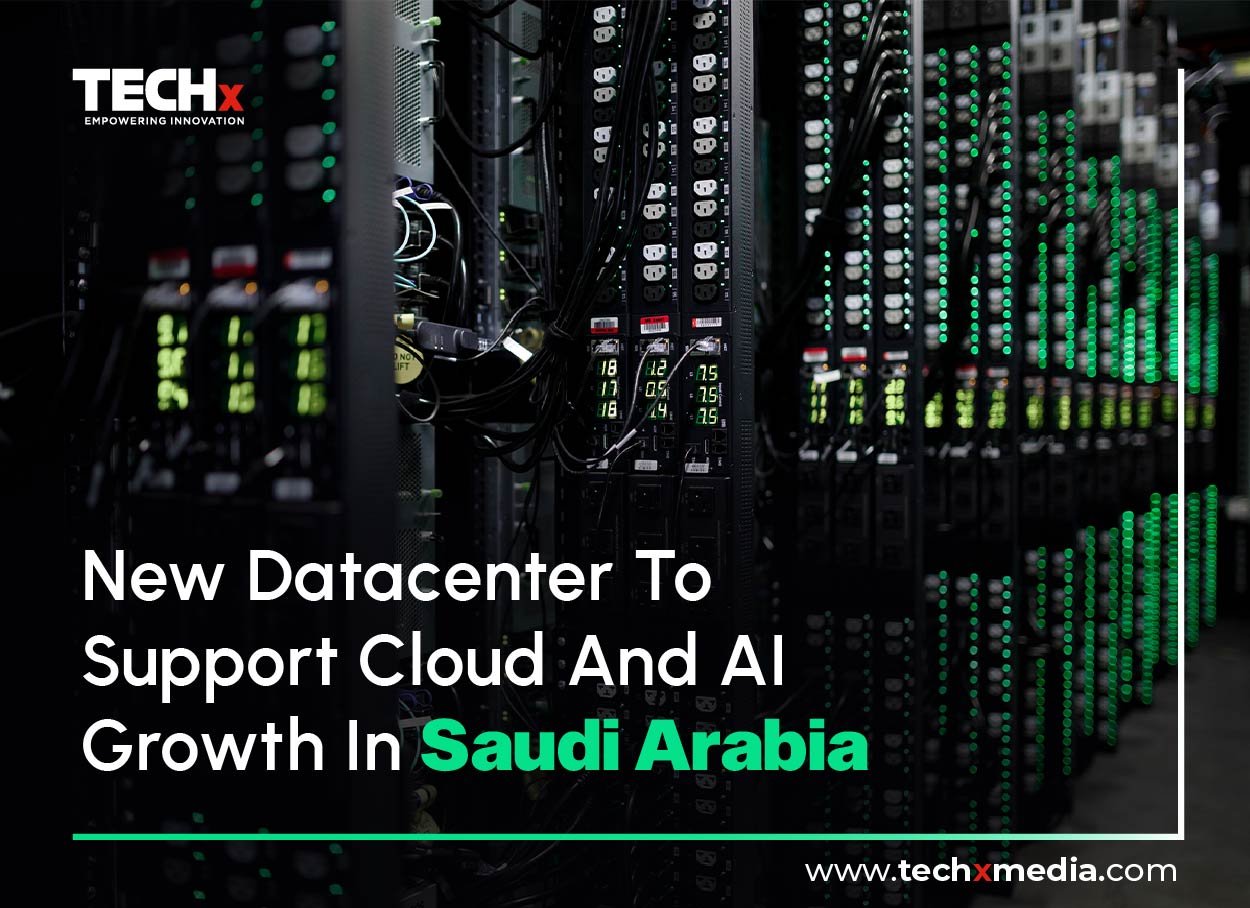12 December 2024, Thu |
8:34 PM

Microsoft has provided an update on its new datacenter region in the Kingdom of Saudi Arabia, following a recent visit by government officials from the Ministry of Communications and Information Technology (MCIT) and Microsoft executives. The company has completed construction on all three Azure availability zones, with full operational capacity expected by 2026.
The new datacenter, located in Saudi Arabia’s Eastern Province, will feature independent power, cooling, and networking infrastructure for each zone. These zones will be equipped with cutting-edge hardware, enabling government and private sector organizations in Saudi Arabia to run workloads in the cloud with low latency and high availability.
This region will offer enterprise-grade performance with a focus on customer privacy, data residency, and high-speed latency, aligning with Microsoft’s global cloud infrastructure, which spans more than 60 Azure regions worldwide. The datacenter is a significant step in Microsoft’s commitment to empowering individuals and organizations while adhering to the highest standards of security, digital safety, privacy, compliance, and transparency.
The completion of construction reflects Microsoft’s 25-year presence in Saudi Arabia and its ongoing dedication to supporting the Kingdom’s Vision 2030. The datacenter will play a key role in advancing technological innovation and fostering economic growth by providing scalable, trusted cloud solutions to organizations of all sizes across various industries.
Eng. Mohammed Al Robayan, Deputy Minister for Technology at MCIT, commented, “This infrastructure will enable businesses to harness AI, unlocking new possibilities for sustainable growth in Saudi Arabia and the broader region.”
Microsoft has already made significant strides in supporting Saudi Arabia’s digital transformation. Organizations, including the Ministry of Education, are leveraging Microsoft Azure to power essential platforms like Madrasati, which supports remote learning for 7 million students and teachers. Furthermore, the Saudi Data and Artificial Intelligence Authority (SDAIA) built its Arabic Large Language Model, ALLaM, on Azure’s robust infrastructure.
Microsoft is also advancing AI literacy across Saudi Arabia with initiatives aimed at empowering 100,000 Saudi nationals with AI skills by 2025. The company has launched a Center of Excellence with MCIT to provide training in AI and cloud computing, enhancing professional employability and advancing the Kingdom’s AI capabilities. Additionally, Microsoft has partnered with SDAIA to establish the Microsoft AI Academy, offering joint programs to build national AI expertise.
With these initiatives, along with the new datacenter region, Microsoft is positioned to accelerate workforce development, drive economic growth, and foster innovation in an AI-powered future, in line with Saudi Vision 2030.